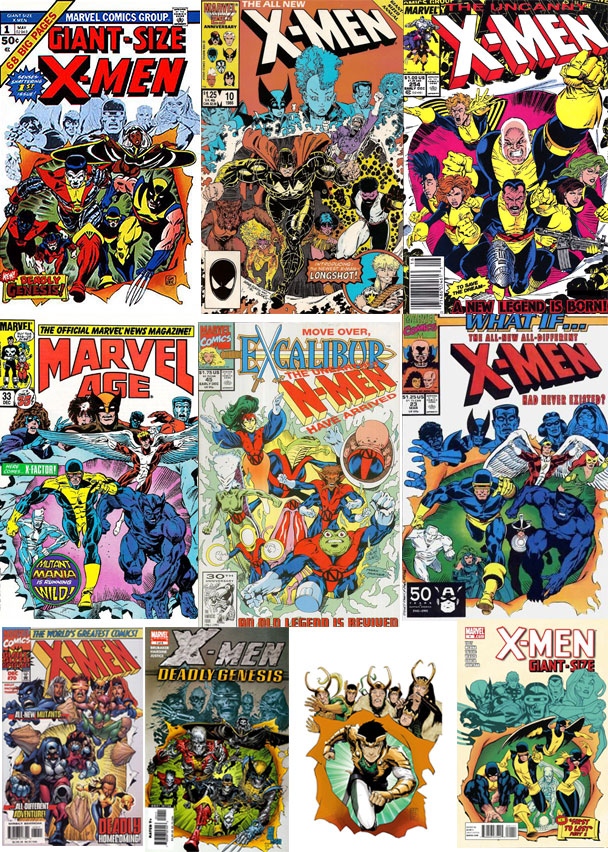Warner Bros. Discovery has seen its credit rating cut to junk status by major agencies including Moody’s, Fitch, and S&P Global. The downgrade follows a sharp drop in the company’s stock price and a recent decision to split the business into two separate publicly traded companies. The main reason for these troubles is the ongoing decline of pay TV, as millions of Americans have dropped cable and satellite services in favor of streaming.

Warner Bros. Discovery stock now trades at about $10.74 per share, well below its price five years ago. The company is burdened with more than $37 billion in debt. Its credit downgrade means its bonds are now considered high-risk, which will make it more expensive for the company to borrow money and may force some investors to sell their holdings. The split, which is expected to be complete by mid-2026, will create one company focused on Warner Bros. Pictures, DC Studios, and HBO Max streaming, and another company that will include legacy cable networks like CNN and TNT.
The cable TV industry, which once guaranteed steady income for media companies through mandatory carriage fees, is shrinking rapidly. In the past, even channels with low viewership could make money because cable providers paid fees for every subscriber, not based on how many people actually watched. Now, as the number of cable subscribers falls, these fees are disappearing. This has hit Warner Bros. Discovery hard, especially its cable networks like CNN and TNT.
With the split, Warner Bros. Discovery hopes that investors will value its studio and streaming businesses more highly, while the cable networks face continued pressure and likely cost cuts. The company’s leadership believes that separating these businesses will help manage the debt and allow each part to focus on its own challenges. The new structure means that one company will handle growth areas, while the other will deal with declining cable assets.
The decline of cable TV is a major challenge for all traditional media companies. Streaming services, which require consumers to choose and pay for what they want, are now the main focus of the industry. However, most streaming services, except for Netflix, are struggling to make a profit. This has led to speculation that further mergers or partnerships may be necessary for survival.
CNN, which is part of the cable network group, has seen its ratings drop in recent years. While some attribute this to a general decline in cable news, others point to competition and changing viewer habits. Fox News, for example, still attracts far more viewers than CNN in primetime.
The split and the downgrade reflect the broader shift away from cable TV and toward streaming. Warner Bros. Discovery’s move is seen as an effort to adapt to these changes and protect its most valuable assets, but the future remains uncertain for its cable networks.
****

















 English (US) ·
English (US) ·